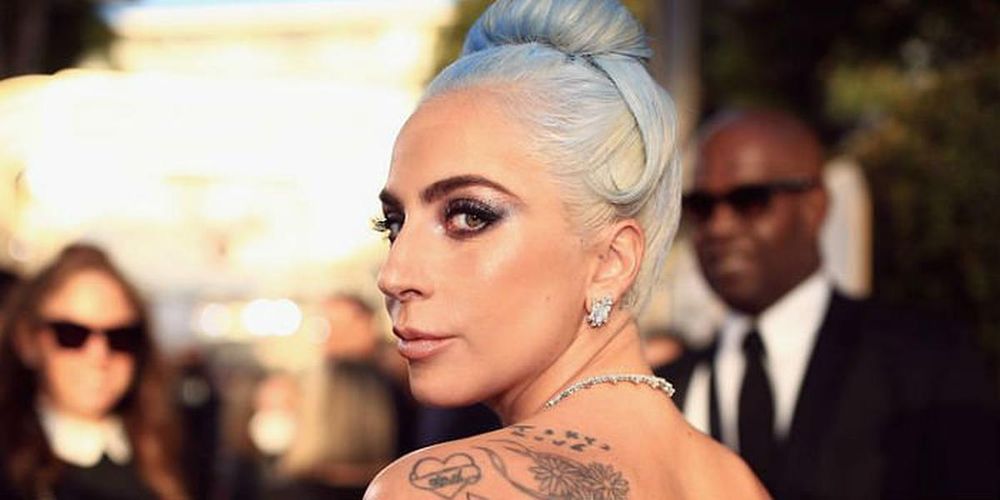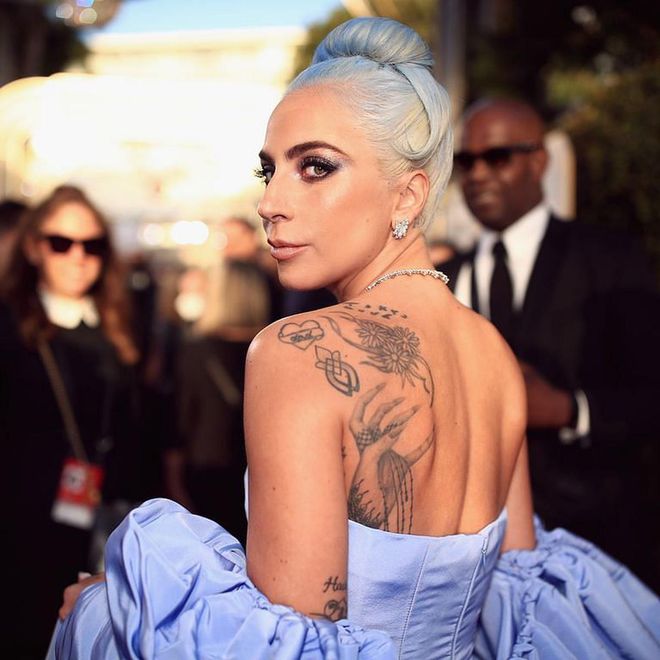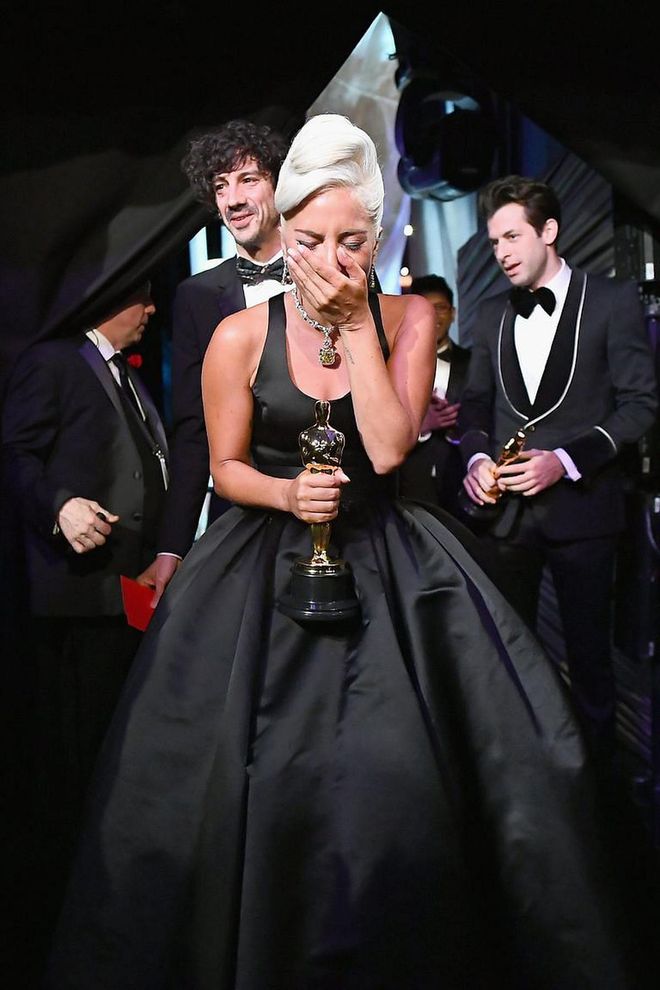Lady Gaga Opens Up About Having PTSD After Surviving Sexual Assault As A Teen
"I have been traumatized in a variety of ways by my career over the years from many different things, but I survived, and I've kept going"


Photo: Getty
- Lady Gaga said her Oscar win for the song "Shallow" brought back "a lot of pain," including being raped "repeatedly" at the age of 19 and being "traumatized in a variety of ways" throughout her career.
- The singer, a known supporter of sexual assault survivors, said she has PTSD and experiences chronic pain, but is taking medication and seeing "several doctors" in order to "survive."
- She also shared an encouraging and comforting message to fellow survivors.
Related article: Lady Gaga Had A Major Wardrobe Malfunction On Stage During Her Enigma Concert
Lady Gaga's Oscar win this year was a major milestone in her career, but it also brought back some tormenting moments from her past.
"When I won the Oscar for 'Shallow,' I looked at it, and a reporter asked me, 'When you look at that Oscar, what do you see?' And I said, 'I see a lot of pain.' And I wasn't lying in that moment," the superstar told Oprah Winfrey in her new cover story for ELLE magazine.
"I was raped when I was 19 years old, repeatedly," she continued. "I have been traumatized in a variety of ways by my career over the years from many different things, but I survived, and I’ve kept going. And when I looked at that Oscar, I saw pain. I don't know that anyone understood it when I said it in the room, but I understood it."
Related article: Lady Gaga’s Next Movie Explores The Assassination Of The Gucci Founder’s Grandson

Photo: Getty
Years later, Gaga, 33, is still experiencing the aftermath of her assault on a mental and physical level. "I have PTSD," she said. "I have chronic pain. Neuropathic pain trauma response is a weekly part of my life. I'm on medication; I have several doctors. This is how I survive."
The singer went on to share an encouraging message for other survivors who might share her experience. She also assured that it's okay to reach out and ask for help when that person is ready to open up.
"But you know what, Oprah? I kept going, and that kid out there or even that adult out there who’s been through so much, I want them to know that they can keep going, and they can survive, and they can win their Oscar. I would also beckon to anyone to try, when they feel ready, to ask for help. And I would beckon to others that if they see someone suffering, to approach them and say, 'Hey, I see you. I see that you're suffering, and I'm here. Tell me your story.'"
Gaga is a vocal advocate for sexual assault survivors. She penned the Oscar–nominated song "Til It Happens to You" for and inspired by The Hunting Ground, the 2015 documentary about sexual assault on college campuses. When she performed the song at the 2016 Academy Awards, she invited a group of survivors onstage with her.
Last October, Gaga also spoke about trauma resulting from sexual assault while defending Dr. Christine Blasey Ford on The Late Show with Stephen Colbert.
"If someone is assaulted or experiences trauma, there is science and scientific proof, it's biology, that people change. The brain changes. And literally what it does is it takes the trauma and it puts it in a box, and it files it away and shuts it so that we can survive the pain.
"It also does a lot of other things, it can cause body pains, baseline elevations in anxiety, it can cause complete avoidance of wanting to even remember or think about what happened to you.
"But what I believe that I have seen is that when this woman saw that Judge Kavanaugh was going to be possibly put in the highest position of power in the judicial system of this country, she was triggered. And that box opened. And when that box opened, she was brave enough to share it with the world to protect this country."
Related article: Lady Gaga And Ashanti Surprised Fans With An Impromptu Duet In Vegas
This article originally appeared on Harper’s Bazaar US.